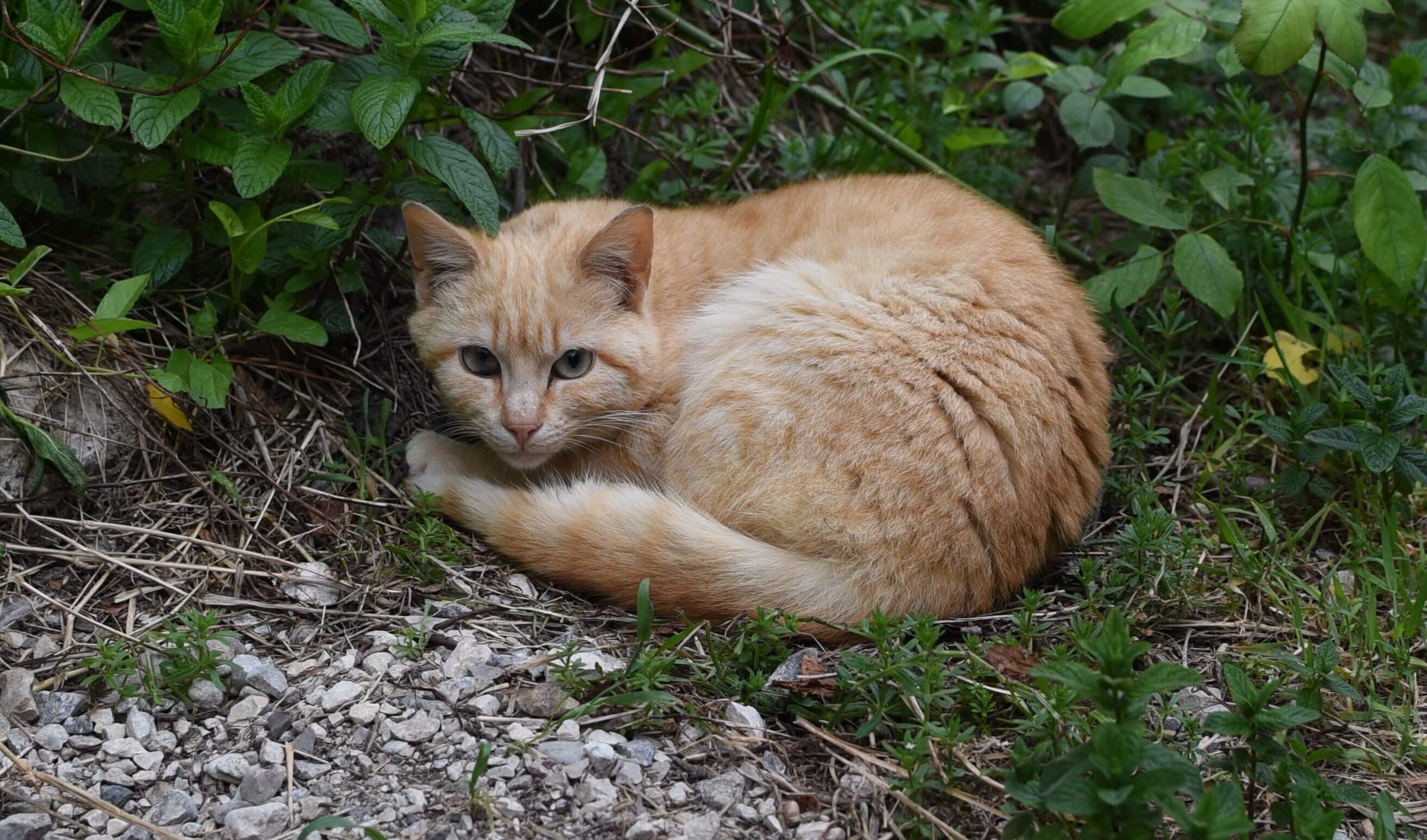Help, I lost my cat!

Losing your cat is a very stressful and difficult situation. To maximize the chances of finding your pet, it is imperative to actively search for it. Here are a few effective tips to help you maximize your chances!
If your cat has run away from home, it is a good idea to apply these tips in the area where you last saw him.
- Search the neighbourhood thoroughly
This is THE most effective method. Don't leave anything to chance, look for your pet in every nook and cranny: in bushes, under balconies, in sheds, etc. Bring a bag of treats whose characteristic sound could attract your cat!
You can also inform the neighbourhood of the situation and leave your phone number in case they find your cat. Posting a wanted poster with a photo and description of your cat can also help.
Finally, don't underestimate the power of social networking! A small photo of your cat along with information on its disappearance could help you find your pet.
- Know your cat's habits
An outdoor cat is territorial and often visits the same places in the neighborhood. The average distance an outdoor cat travels is 315 meters, or about 17 houses around its home.
An indoor cat will often be terrified of being outside its territory - your home. Since the environment is unfamiliar, it will hide and may stay holed up for several days, even weeks!
An indoor cat will rarely run more than 50 meters from its home, which means two and a half houses away. It is therefore possible for the owner to be very active in his physical search.
During the night, leave a bowl of food, a bowl of water and a small bed or blanket used by your cat in a box outside. The scent may bring your pet back into the fold.
- Notify us!
Go to the "I lost my pet" page on our website and fill out the lost pet report form. You will also find other tips and resources, such as a link to our Facebook page "SPCA de l'Outaouais Lost and Found Animals".
If in doubt, contact us at 819 243-2004 or and we will guide you through the process. If possible, our team will try to help you find your pet.
- Make sure your cat's microchip and license are up to date
If your pet's microchip and license are up to date, it should be much easier to find your pet.
Even if your cat does not go outside, the current by-law states that you have a duty to register each of your animals. An animal's license is valid from January 1 to December 31 of each year. If your pet does not go outside, you can limit the wearing of the tag.
- Don't rely on these misperceptions
"My cat will come back, he always does".
A cat that is used to the outdoors might have the reflex to return home, but don't wait too long before starting a search in case of an unusual prolonged absence.
The most common reasons for disappearance are as follows:
- The cat is stuck somewhere
- The cat is injured, ill or dead
- The cat has been chased from its territory
"I'm going to put my cat's litter box outside, he'll find his way back by the smell".
While this method may not hurt your search, it is questionable because it has not been proven in practice. Don't rely solely on this passive action and favor active searches.
"My unoperated cat ran away, she will come back when her heat is over".
A cat in heat is as much, if not more at risk of getting lost! She tends to go further out, looking for a partner. We encourage you to quickly switch to "active search" mode. When she returns, call your veterinarian quickly to have her spayed!
- Don't lose hope!
In short, it's not enough to post signs in the neighborhood, post an ad on social media or take out the litter box. To maximize your chances of finding your cat, the best strategy is to actively search for your cat.
If your cat hasn't returned after a few days, don't lose hope: many families find their pets after many months!
Since prevention is better than cure, don't forget to have your pet microchipped and keep his license up to date 😊


